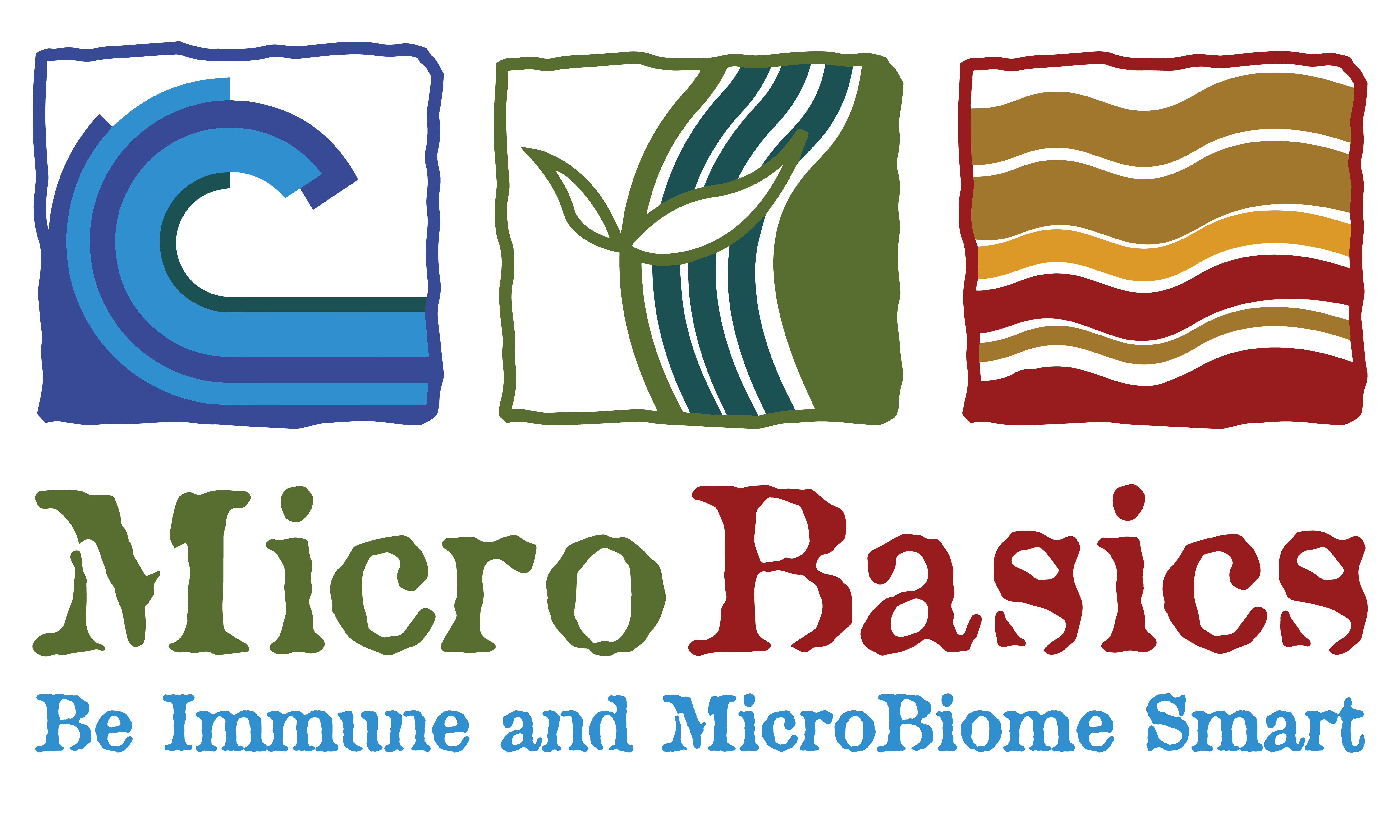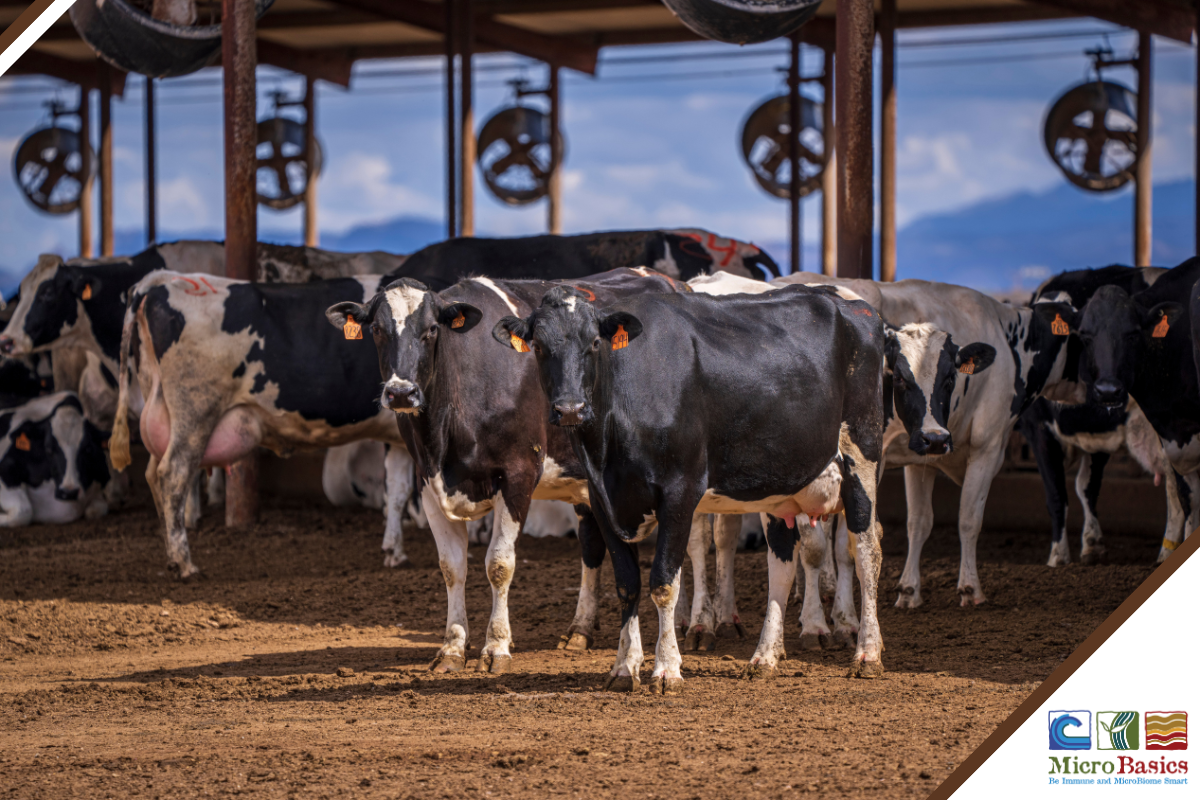Heat stress is defined as an event in which additional nutrients are required to reduce the heat load on the animal. Cattle are much more susceptible to heat stress than people. Mild heat stress for cattle starts around 72°F and 50% humidity. High producing dairy cattle eating large amounts of feed can even experience heat stress at temperatures as low as 65°F.
Heat stress can cause major economic losses as the cow partitions nutrients away from production to be used for cooling and maintaining its own body. Ohio State University researchers report that the economic loss of heat stress on U.S. dairy cattle can reach $1.6 billion annually.
Signs of Heat Stress
More time standing- Cattle experiencing heat stress may spend more time standing to allow heat to dissipate from the extremities.
Increased respiratory rate- releases heat and brings down body temperature.
Increased body temperature- body cannot get rid of the extra heat and core body temperature rises.
Risk of leaky gut syndrome- heat stress can disrupt the tight junctions of the gut allowing toxins and infectious agents to “leak” into the body. A leaky gut can lead to inflammation and various diseases.
Outcomes of Heat Stress
Decline in dry matter intake
Lower milk production (-$74/cow annual loss according to researchers at the University of WI)
Lower component production
Lower rumen pH (risk of acidosis, reduced butterfat, and other digestive upset)
Increased lameness
Decreased fertility
Small calf birth weight (generational impact on lower milk production found by researchers at the University of FL)
Immune impaired calf (accelerated gut closure)
Increased health risks (lung and metabolic)
Mitigate Heat Stress
Alter the Environment
- Provide shade as a priority.
- Apply water to the cow’s body.
- Provide air movement.
- In low humidity areas cool the air with a fog or mist.
Feed Considerations
- Improve ration palatability.
- Focus on ration digestibility.
- Concentrate ration energy.
- Keep feed fresh.
- Provide adequate water.
- Adjust electrolyte balance in the ration and DCAD.
- Include a yeast product to stabilize the rumen.
- Support immune function with biological polysaccharides.
- Include digestive enzymes.
- Consider rumen protected Niacin to increased external blood flow.
- Consider rumen protected Choline to maintain liver health, energy metabolism, and immune function.
- Supplement Chromium to increase insulin sensitivity, immune function, and glucose utilization.
Heat stress impacts every stage of life. Taking a proactive approach to mitigating the effects of heat stress will have a lasting impact on the health and productivity of the animal and the herd.
Written by: Mariah Gull, M.S.

